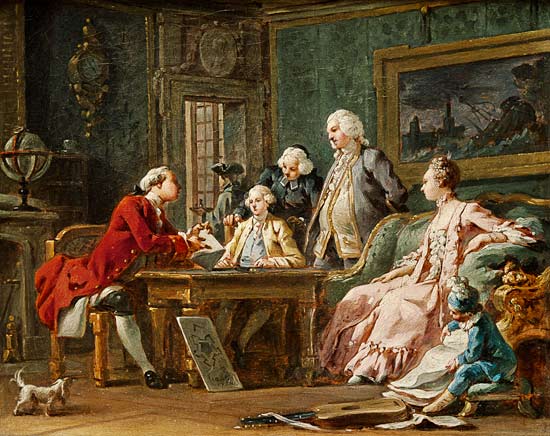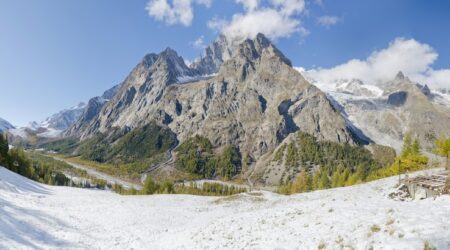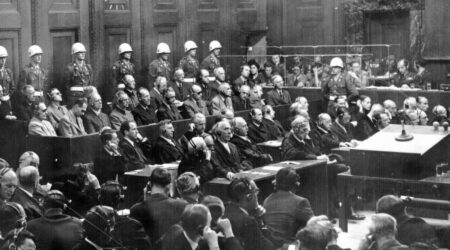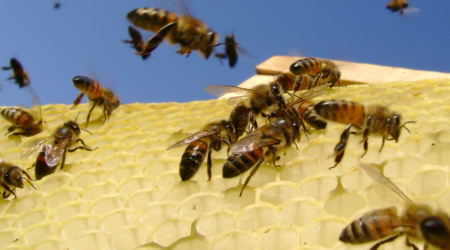In a study published in the January 2014 issue of Personality and Social Psychology Bulletin, psychologist Paul K. Piff, who earned his Ph.D. at UC Berkeley and now is an Assistant Professor of Psychology & Social Behavior at UC Irvine, demonstrates that upper class individuals tend to be more narcissistic and feel more entitled than their lower class peers. The study is significant in establishing a direct link between social class and deep-seated aspects of personality, and suggests that the study of the mind has an underappreciated role to play in examinations of the growing disparity between the rich and poor.
Piff’s findings build on years of research that he and his colleagues conducted on the effects of wealth on social behavior. This work has shown, for example, that people of high social class are more likely to behave unethically and less likely to donate to charities. “The more money you have, the higher in status you are, the less threatening the world is to you,” Piff explains. “You can pay rent or own a home, you can be late to work without losing your month’s income, and your neighborhood’s safer.”
Having all of these things means that you can rely far less on other people, which ultimately leads to a reduced feeling that you owe anyone anything. At least, that was the theory. “A missing piece was [direct evidence of] how wealth shaped a person’s sense of deservingness and their basic personality,” he explains.
Piff investigated this link between wealth and self-regard through a series of five experiments testing more than 500 undergraduates and 300 other adults on a variety of measures of socioeconomic class, entitlement, and narcissism. The participants filled out multiple well-established self-reporting measures for each of these three attributes. They also reported their family income and their parents’ levels of educational attainment, answered questions about their perceived financial security and what they could afford growing up, ranked how they see themselves relative to other people, how much they value their appearance, and more. Piff even measured how much time participants spent looking at themselves in the mirror when given the option, a behavioral signal of narcissism.
In almost all respects, social class was linked to both narcissism and entitlement.
The finding that people of high socioeconomic standing are more narcissistic and entitled has profound political implications. It may explain why the wealthy are more economically conservative, favoring lower marginal tax rates and reduced public spending. Do the wealthy favor such policies merely because they appear to be to their economic advantage?
Class differences in narcissism are not fixed but rather sensitive to changes in social values
In fact, Piff says his ongoing research suggests that the economic conservatism of the upper class is actually moderated by how much their perceived wealth causes an increase in their sense of deservingness. The effect is such that “poor people that are made to feel wealthy [relative to others] become more fiscally conservative” in accordance with increases in entitlement. Similarly, wealthy people who are made to feel poor experience less entitlement and less fiscal conservatism.
Perhaps this explains why the past 30 years have seen a dramatic increase both in inequality and in narcissism among college students, who tend to come from wealthier families.
These psychological factors may have the dangerous effect of compounding the growth of economic inequality. The rate at which economic inequality accelerates over time depends deeply on the very institutions and policies over which the upper class has a disproportionate level of control. Thus, if increasing economic inequality gives rise to an upper class with an even greater sense of entitlement, leading them, as Piff’s research would suggest, to support policies that favor the growth of economic inequality, this may exacerbate a vicious cycle of stratification.
As dismal as this may seem, Piff’s research also suggests a solution. In a separate study reported alongside the other narcissism studies, he demonstrated that when people of high social class simply list three benefits of treating others as equals, it temporarily lowers their levels of entitlement to nearly approach those of the lower class. “Importantly, these results also suggest that class differences in narcissism are not fixed but rather sensitive to changes in social values,” he reports.
In other words, building connections among people can help reduce the wealth-narcissism effect. As Piff reasons, “If wealth, both socially and psychologically, creates an island that leaves people removed from others, then contributing inroads to that island—by thinking of others as equals, going to public schools, taking the bus, or living in diverse neighborhoods—will trigger these basic empathic processes that would otherwise not be engaged.”
For further reading, Piff recommends The Spirit Level by Richard Wilkinson and Kate Pickett. You can also find Piff’s publications on his website. You can also see Piff speak in a TED Talk.



